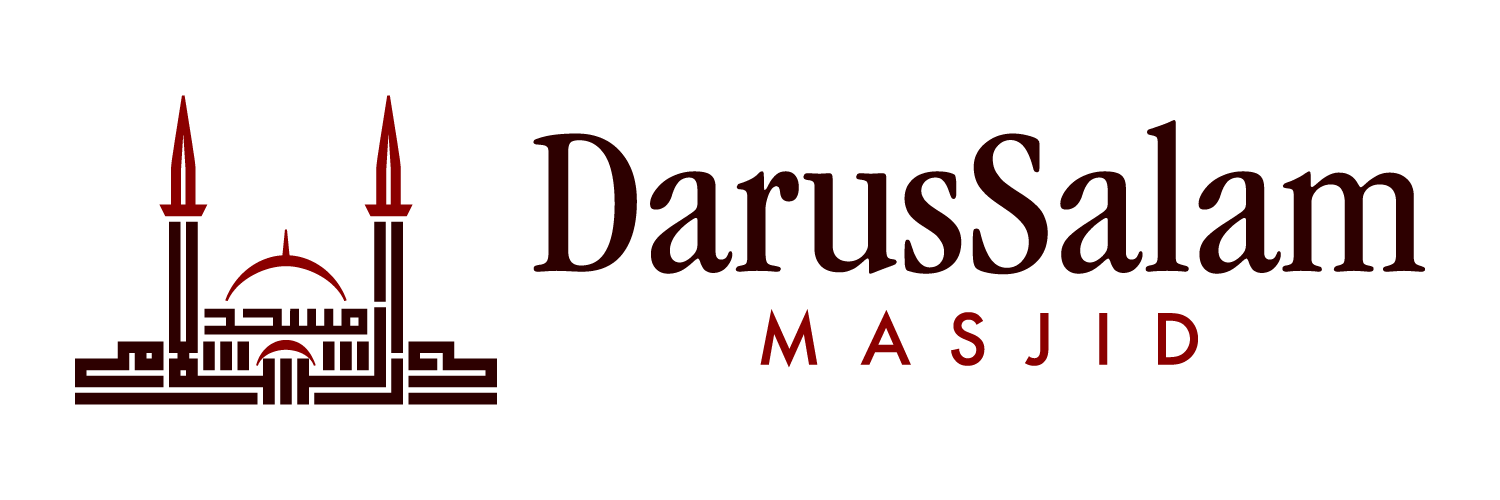al-Shahīd Ibn Ḥafīẓ on Mahr Amounts and the Maxim: Darʾ al-Mafāsid Awlá min Jalb al-Maṣāliḥ (Shāfiʿī Fiqh)

بسم الله الرحمن الرحيم
Question
Due to the maxim: darʾ al-mafāsid awlá min jalb al-maṣāliḥ, is it permissible for the head of state to prohibit the exorbitant dowries and high costs associated with getting married? May he set that amount fearing that people may fall into corruption? Is it permissible for someone to issue a legal edict stating this is permissible because incurring a maṣlaḥah and repelling a mafsadah seems to give the impression that he is vested with this authority?
Answer
The scholars mentioned that it is recommended for dowries to be affordable. This is based on what ʿĀʾishah (Allāh be pleased with her) narrated that the Prophet (upon him be peace) said: “The best women by way of blessings are those whose financial maintenance [including dowry] is easy.” When the amount becomes high, people will be unable to afford it while still being compelled to and this will lead to resentment.
The Aṣḥāb al-Wujūh said: “It is recommended that the dowry should not exceed five hundred dirhams.” They said this because it was the dowry that was given to the Prophet’s wives as well as his daughters. And it is recommended to follow him (upon him be peace). Thus, if the head of state (ar. walī al-amr) orders that this sunnah be practiced upon, it becomes obligatory to follow his order because the scholars said that a command of recommendation becomes obligatory in the instance that the head of state orders it to be done.
Regarding if it is permissible to issue a legal edict stating that this is permissible, it is based on that being permissible for the head of state. When it is permissible for him, it is permissible that a legal edict be issued stating that it is allowed; otherwise, it is not.
The principle of darʾ al-mafāsid and jalb al-maṣāliḥ is difficult for the likes of us to base legal edicts and jurisprudence on because in doing so one must compare the various manifestations of maṣāliḥ and the various manifestations of mafāsid. And a maṣlaḥah may seem apparent when one begins to examine it; yet, behind it, there is a mafsadah which is greater. Sometimes the matter is not as it seems; thus, we are unable to conclude this in such cases due to our limitations.
Written by Muḥammad b. Sālim b. Ḥafīẓ b. al-Shaykh Abī Bakr b. Sālim
درء المفاسد أولى من جلب المصالح فهل يسوغ على هذه القاعدة أن يمنع ولي الأمر المغالاة في المهور وفي جهاز التزويج ويحدده خوفا من الوقوع في الفساد؟ وهل يجوز لأحد أن يفتيه بأن ذلك جائز له؛ لأن المصالح المرسلة ودرء المفاسد قد يفهم منها تخويل ولي الأمر جواز ذلك؟ (جوابه) ذكر العلماء نفع الله بهم أن المستحب تخفيف المهر، وذلك لما روت عائشة (رضي الله عنها) أن النبي (صلى الله عليه وسلم) قال: «أعظم النساء بركة أيسرهن مؤونة»، ولأنه إذا كبر أجحف وأضر وأدعى إلى المقت، قالوا: «المستحب أن لا يزيد على خمسمائة درهم»؛ لأنه كان صداق أزواج النبي (صلى الله عليه وسلم) وبناته، والمستحب الاقتداء به (صلى الله عليه وسلم) ومتابعته، إذا عرفت ذلك، فلو أمر إمام المسلمين بالعمل بهذه السنة لكان واجبا على الناس امتثال أمره؛ لما ذكروه من أن الأمر المندوب إذا أمر به الإمام صار واجبا، وأما قولكم فهل يجوز لأحد أن يفتيه بأن ذلك جائز له فهو مفرع على جواز ذلك للإمام، فإن جاز له ذلك جاز إفتاؤه بجوازه وإلا فلا، وقاعدة درء المفاسد وجلب المصالح يصعب على أمثالنا التفريع عليها؛ لأنه يعود إلى المقارنة بين أنواع المصالح وأنواع المفاسد، ورب مصلحة تظهر بادئ الرأي ومن ورائها مفاسد أعظم، وقد ينعكس الأمر فلا نستطيع البت والجزم في أمثال هذه الوقائع لقصور نظرنا…إلخ. كتبه محمد بن سالم بن حفيظ ابن الشيخ أبي بكر بن سالم عفا الله عنه في 25\2\1386 هـ


